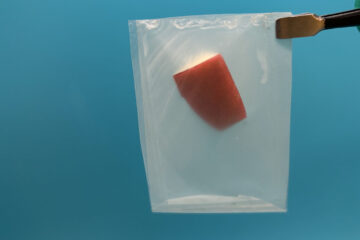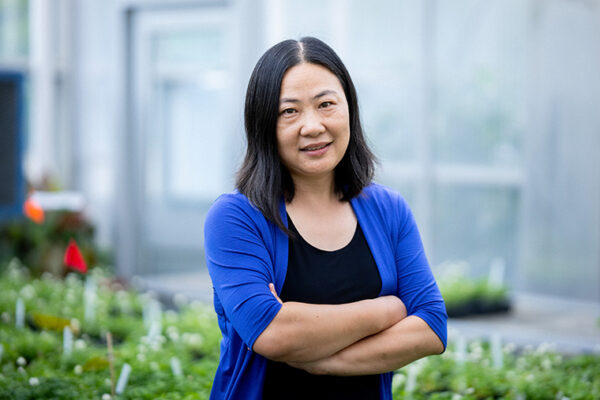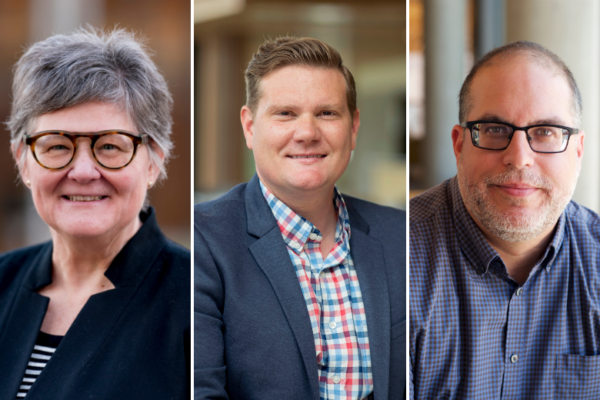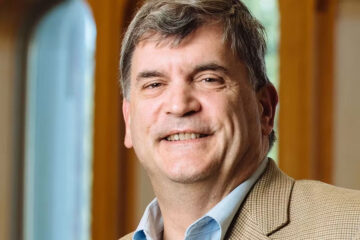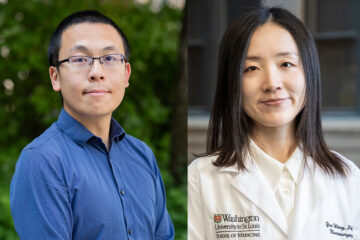The Record
Wednesday, Aug. 6, 2025
Top stories
Leaf-inspired design brings bioplastics to the big leagues
Using inspiration from the leaf, researchers at the McKelvey School of Engineering have optimized bioplastics to be stronger and more biodegradable.
WashU Expert on effects of repealing Johnson Amendment
A new federal government interpretation allowing churches to endorse political candidates will cause division in churches and sets the stage for the U.S. government to favor politically aligned religions, says American religious historian Mark Valeri.
New building to honor late entrepreneur, WashU benefactor
The new home of the Center for Career Engagement and alumni welcome building will be named the Neil S. Hirsch Center in recognition of a pledge from Hirsch’s widow, Laura DeLuca Hirsch, through the Neil S. Hirsch Foundation.
Biologist Zhong to study how plants deal with nutrient stress
Xuehua Zhong in Arts & Sciences has won a $1.1 million grant from the National Science Foundation for research aimed at developing more resilient crops that can adapt to changing environmental conditions and support sustainable agriculture.
WashU in the News
This $50 billion Band-Aid won’t save rural health care
Mother Jones
Our ape ancestors’ taste for fermenting fruit may have paved a boozy evolutionary path
Science
St. Louis tourism officials want meeting-goers to see what lies beyond the convention halls
St. Louis Magazine
Campus and community news
Three Brown School faculty members have completed specialized training designed to help social workers and nurse educators integrate psychedelic-assisted therapy into academic curricula.
John F. Bade, a former executive of The Boeing Co. and a longtime professor of practice, has been named executive director of the Henry Edwin Sever Institute at the McKelvey School of Engineering.
A team led by Shuo Wang (left), a radiology associate professor at WashU Medicine, has identified neurons that appear to play a key role in our ability to recognize people.
Perspectives
‘To better detect chemical weapons, materials scientists are exploring new technologies’
Olamilekan Joseph Ibukun, a postdoctoral researcher in chemistry in Arts & Sciences, writes about research to develop molecular sensors that can warn of chemical weapons such as mustard gas in the environment.
the conversation
